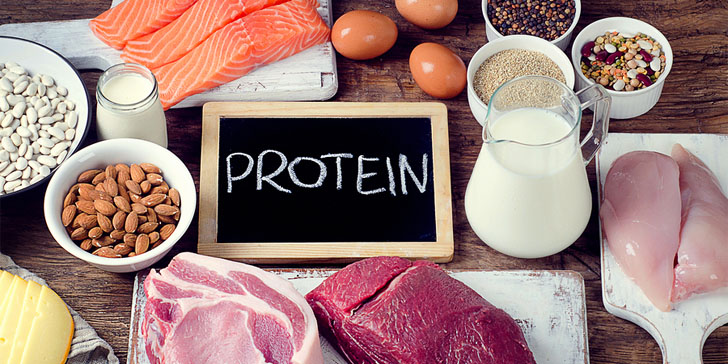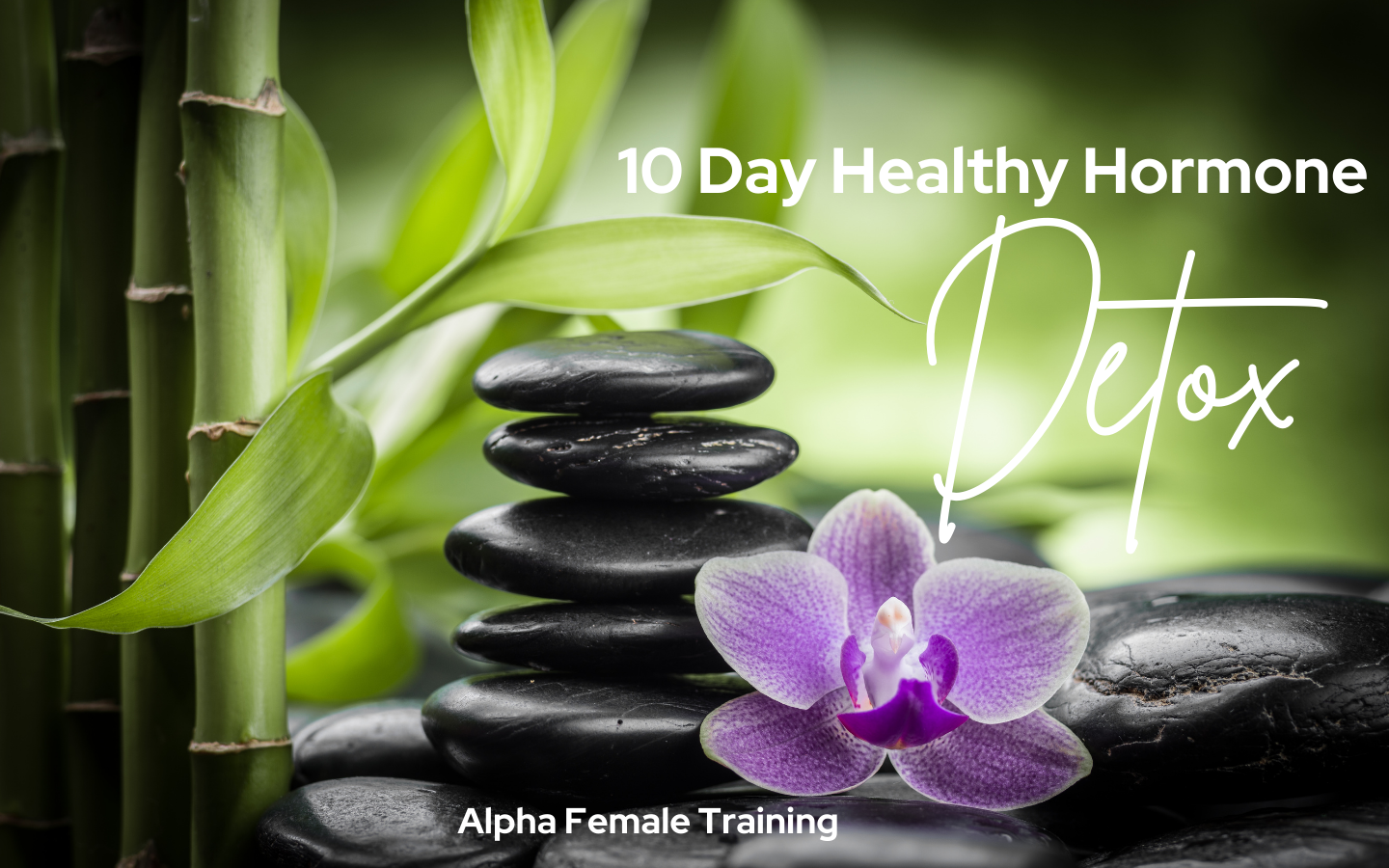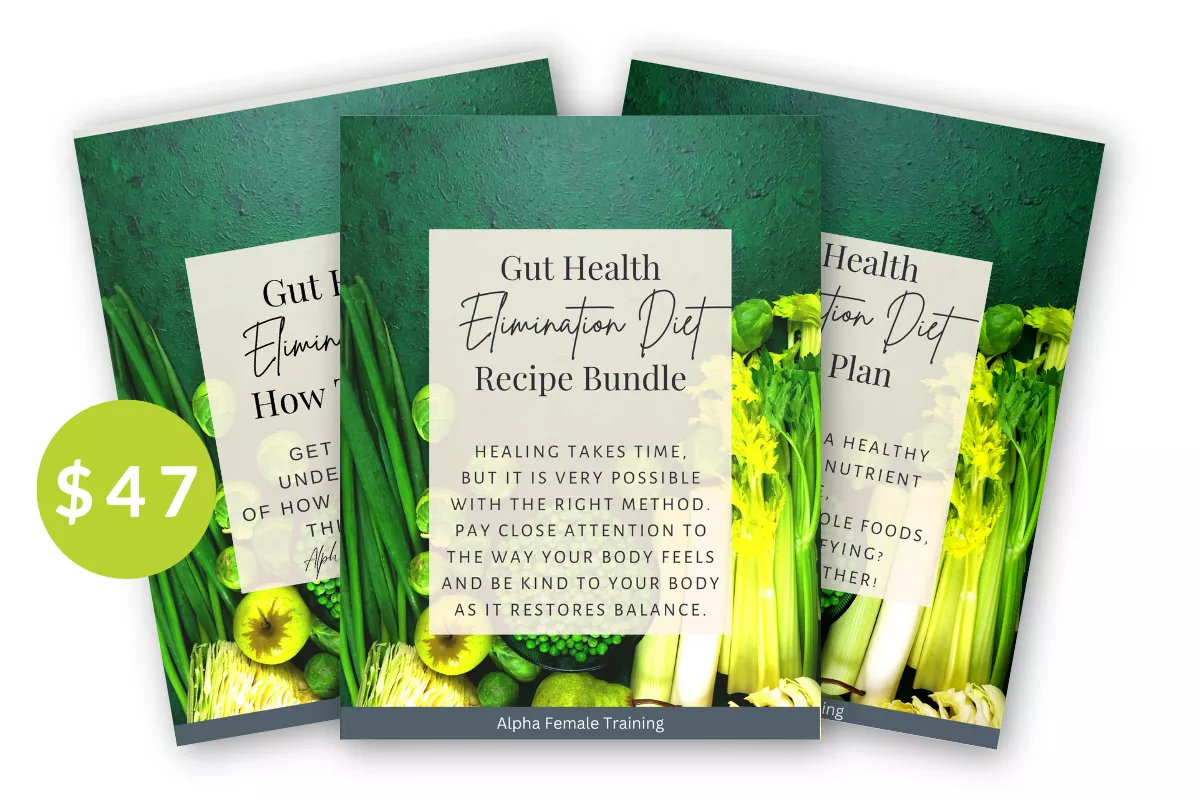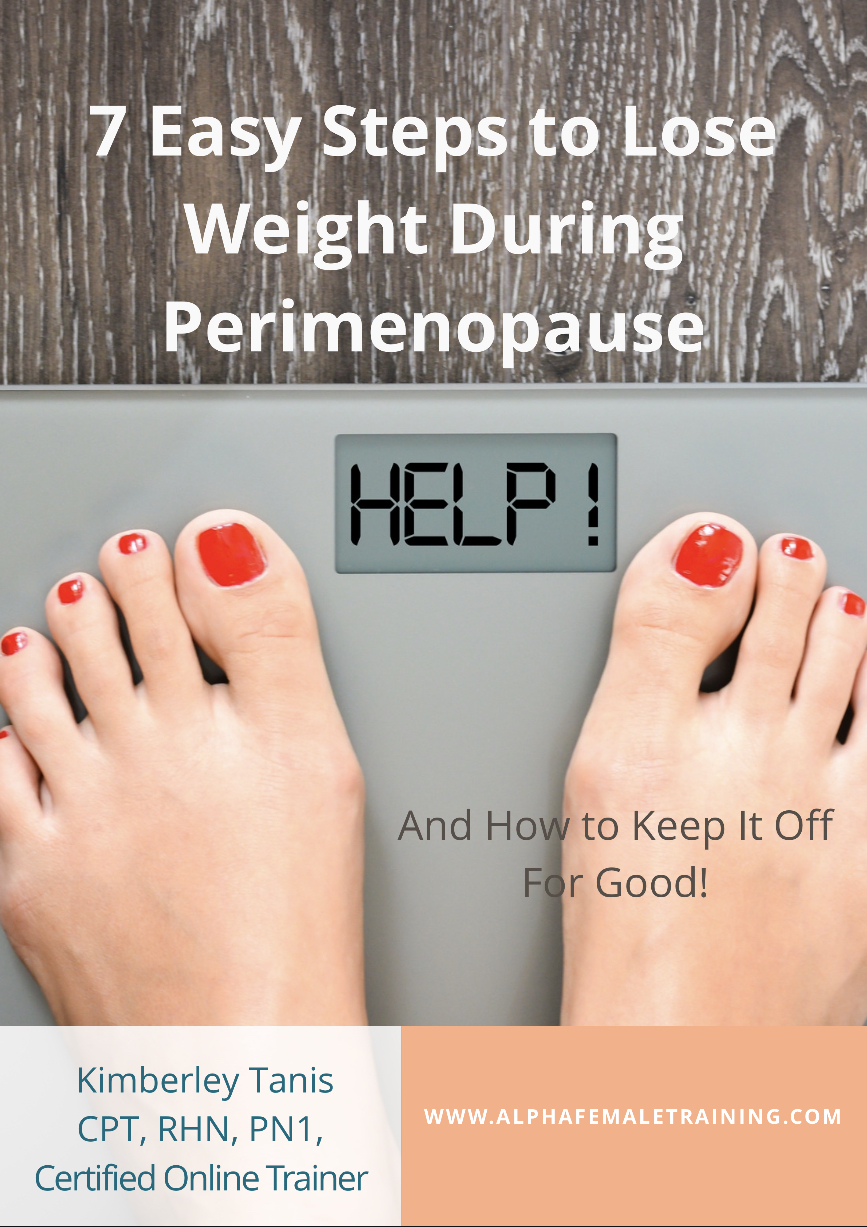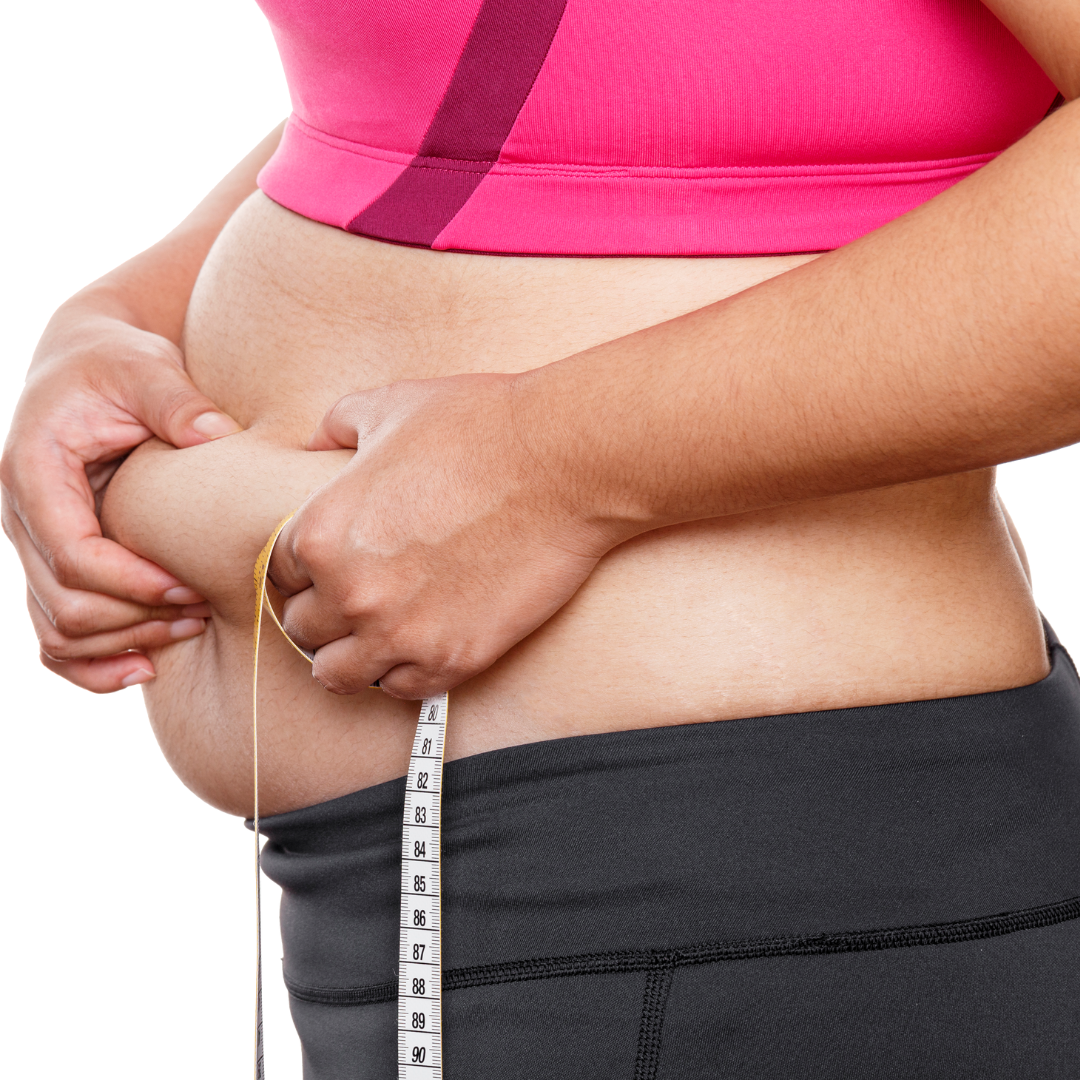What's the best diet over 40?
Are you going through perimenopause or menopause and feeling like your current eating habits aren't working for you anymore so you're looking for the best diet over 40?
Well, you're not alone! Your body is going through changes, including lower levels of estrogen and progesterone, slowing metabolism, and more. That's why it's essential to make some adjustments to your diet and eat in a way that supports your body during this time.
I get asked all the time - what is the best diet over 40 for women? Is it...the Paleo diet, the low FODMAP diet, the Mediterranean Diet, maybe Intermittent Fasting, or the Low Carb diet or maybe even the Keto diet or what about high fat low carb? So many choices...
The answers may surprise you. Here are some quick tips that can help you eat well during perimenopause and menopause with far more detail if you want all the sciencey stuff below:
- Include a wide variety of whole, unprocessed foods in your meals.
- Increase your intake of fresh, high-fiber vegetables and low glycemic-index (GI) fruits.
- Incorporate a variety of specific seeds and nuts into your diet.
- Moderate your intake of caffeine and alcohol.
- Minimize your consumption of sugar, food additives, unhealthy fats, and refined carbs.
- Get adequate protein from a wide range of foods.
- Eat at regular times and intervals - don't skip meals.
- Eat more during the day and less at night.
- If you're a plant-based eater, be mindful of your protein requirements and evening intake of starchy carbohydrates.
By following these tips, you can help restore hormonal balance, support your body's homeostasis, maintain stable blood sugar levels, and help your body become more resilient to stress. I go into more detail below!
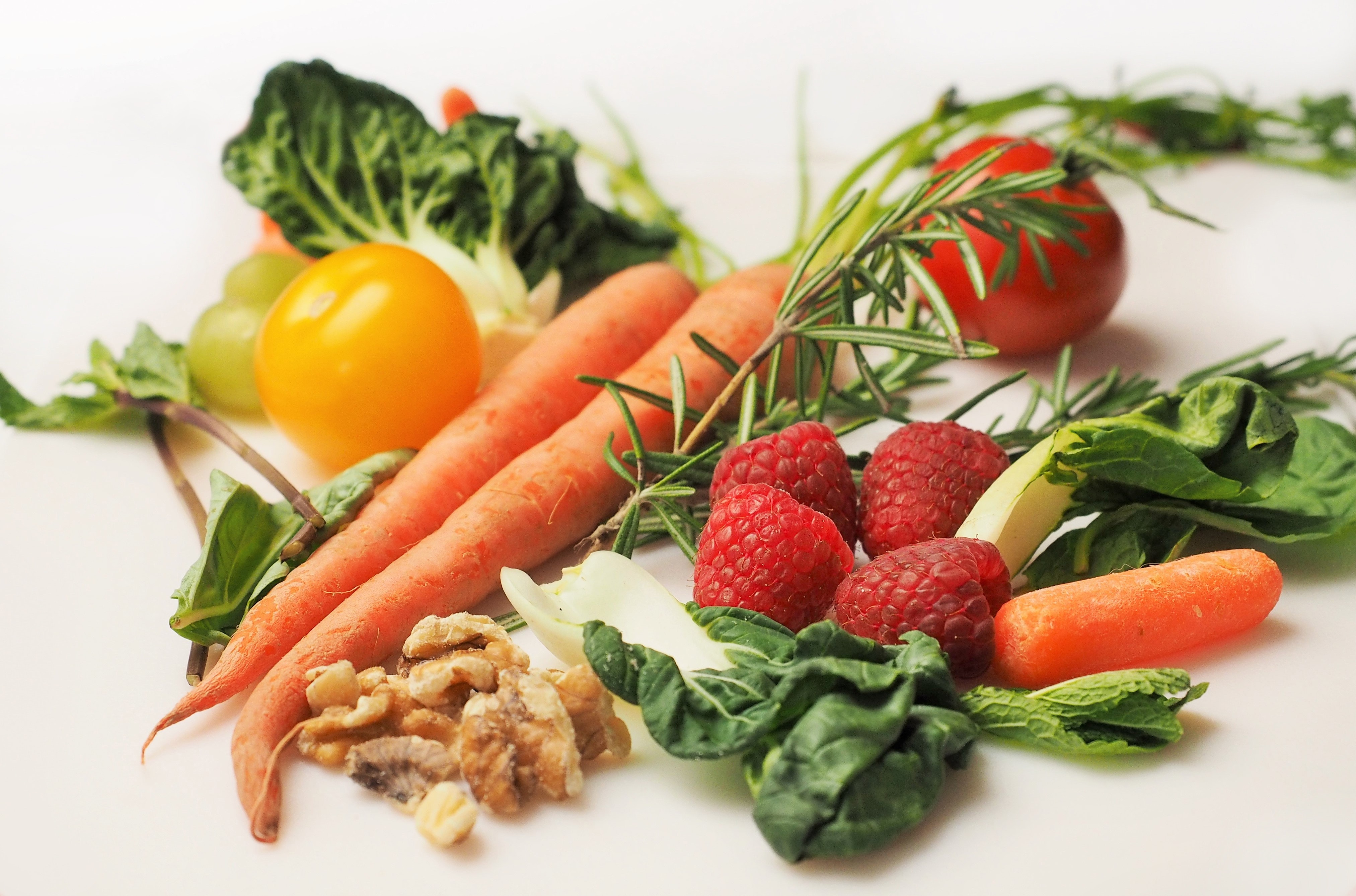
Start by including more plants in your diet!
Are you interested in learning about plant-based foods and how they can benefit your health during perimenopause and menopause? They definitely are part of the best diet over 40.
Plant-based foods include a wide variety of delicious and nutritious options like vegetables, fruits, nuts, seeds, oils, whole grains, legumes, and beans. And the great news is that you don't have to be a vegetarian or vegan to enjoy the benefits of plant-based eating. You can still include lean animal protein in your diet while increasing the variety and quantity of plant foods you consume.
One of the unique advantages of plant-based foods is that they contain powerful phytonutrients that are essential to the health of perimenopausal and menopausal women. Phytonutrients, also known as phytochemicals, are a third type of nutrient in addition to vitamins and minerals, and they can only be obtained from plant foods. Scientists have identified over 250,000 different phytonutrients, and there are three key types that are especially beneficial for women during this stage of life: adaptogens, polyphenols, and phytoestrogens.
These three phytonutrients work together to help your body adjust to the decrease in sex hormones and compensate for the changes that come with perimenopause and menopause, helping you feel better. So, if you are a plant-based eater or interested in incorporating more plant-based foods into your diet, I have a vegetarian and vegan nutrition plan designed just for you. Let's start nourishing our bodies with the power of plants!
Phytoestrogens, polyphenols and adaptogens?

Are you looking for ways to naturally improve your energy, brain fog, sleep, and mood during perimenopause and menopause? Well, the good news is that adaptogens, polyphenols, and phytoestrogens are powerful phytonutrients that can help you do just that! They also need to be part of your best diet over 40.
Adaptogens are plant-based substances that can help your body handle stress better, reducing the stress hormone cortisol and improving your hormonal symptoms. They increase your resistance to physical, chemical, and biological stress, helping you feel more balanced and resilient.
Polyphenols are another type of phytonutrient that can reduce the toxic build-up that often occurs during perimenopause and menopause, helping to improve your symptoms. They can also slow down the aging process, making your body more resilient and better able to bounce back from fatigue and stress.
Phytoestrogens are also great for reducing hormonal fluctuations during menopause. They work to balance your body's systems and improve the health of your cells. Depending on what your body needs to feel better, phytoestrogens can work in different ways.
So, if you're experiencing symptoms of perimenopause and menopause and want a natural solution, incorporating these powerful phytonutrients into your diet could be a great way to improve your overall health and well-being.
Eating more plants helps with digestion
As your hormones change, you might experience digestive problems, bloating, and gas. Not only can these symptoms be uncomfortable and painful, but they can also reduce your body's ability to absorb the vital nutrients you need to feel better. But don't worry, incorporating more plant-based foods into your best diet over 40 can help!
Plant-based foods are great for increasing the healthy bacteria in your gut, which in turn can improve your digestion. Many plant-based foods are also high in fiber, which is essential for nutrient absorption and removing toxins and excess hormones. Fiber is also crucial for maintaining a healthy gut microbiome. That's why a super low-carbohydrate diet might not be ideal. Instead, it's better to focus on slow-release or slow-digesting carbohydrates - plant-based foods that are high in both soluble and insoluble fiber.
Soluble fiber is especially important because it can help absorb and eliminate toxins and excess hormones, leaving you feeling better overall. If you want to learn more about how to optimize your gut health, you can check out my programs page.

Plant foods can help with inflammation
As we age and go through menopause, our hormonal changes can result in an increase in inflammation in the body. Estrogen, which is a natural anti-inflammatory hormone, decreases during this time, which can exacerbate existing health conditions. However, consuming certain plant foods can help reduce inflammation and improve our overall health and wellbeing.
Fresh herbs, spices, and berries contain powerful anti-inflammatory phytonutrients that can be beneficial for women experiencing perimenopause and menopause. Additionally, many leafy green vegetables contain sulforaphane, which can block enzymes that cause inflammation and pain. By incorporating these foods into your best diet over 40, you can help reduce inflammation and feel better.
What are the best plant based foods for women over 40?
When it comes to nutrition in perimenopause and menopause, it's important to focus on specific types of foods that can support your body during this time of change. One group of foods that is particularly beneficial is cruciferous, or leafy green, vegetables.
Leafy greens, such as kale, spinach, and collard greens, are packed with vitamins and minerals that can help to support your overall health. In particular, they contain a chemical called sulforaphane, which has been shown to help reduce inflammation and pain in the body. Additionally, leafy greens are high in fibre, which can help to improve digestion and promote a healthy gut microbiome.
In addition to leafy greens, it's also important to incorporate a variety of seeds and nuts into your best diet over 40. These foods contain concentrated amounts of essential nutrients, including protein, healthy fats, and important minerals like magnesium and zinc. Some good options include chia seeds, flax seeds, pumpkin seeds, almonds, and walnuts.

Food timing matters even if you're eating the best diet over 40.
Did you know that our body has a natural 24-hour clock, called the circadian rhythm, that coordinates many of our bodily functions such as digestion, metabolism, sleep, and mood? This clock is controlled by the hypothalamus, which responds to light and darkness in our environment.
As we go through perimenopause and menopause, hormonal changes can disrupt this clock and make symptoms like poor sleep, anxiety, fatigue, and weight gain even worse. But don't worry! There are easy and powerful ways to improve these symptoms and feel better.
One way is to sync our daily routine with our circadian rhythm by practicing something called chrononutrition. This simply means eating the right foods at the right time of the day, which can positively impact our sleep, energy levels, mood, and even hot flashes.
Many women I work with have found success in eating meals regularly, especially breakfast, and not restricting starchy carbohydrates during the day. Eating a bigger meal at night can disrupt your circadian rhythm and leave you feeling fatigued, moody, and struggling with cravings and poor sleep.
It's important to note that our circadian rhythm also plays a role in weight loss. The time of day we eat certain foods, particularly carbohydrates, can affect our liver function and glucose metabolism, which can impact our ability to digest carbs and store body fat. By practicing chrononutrition, we can optimize our body's natural rhythm and make weight loss easier.
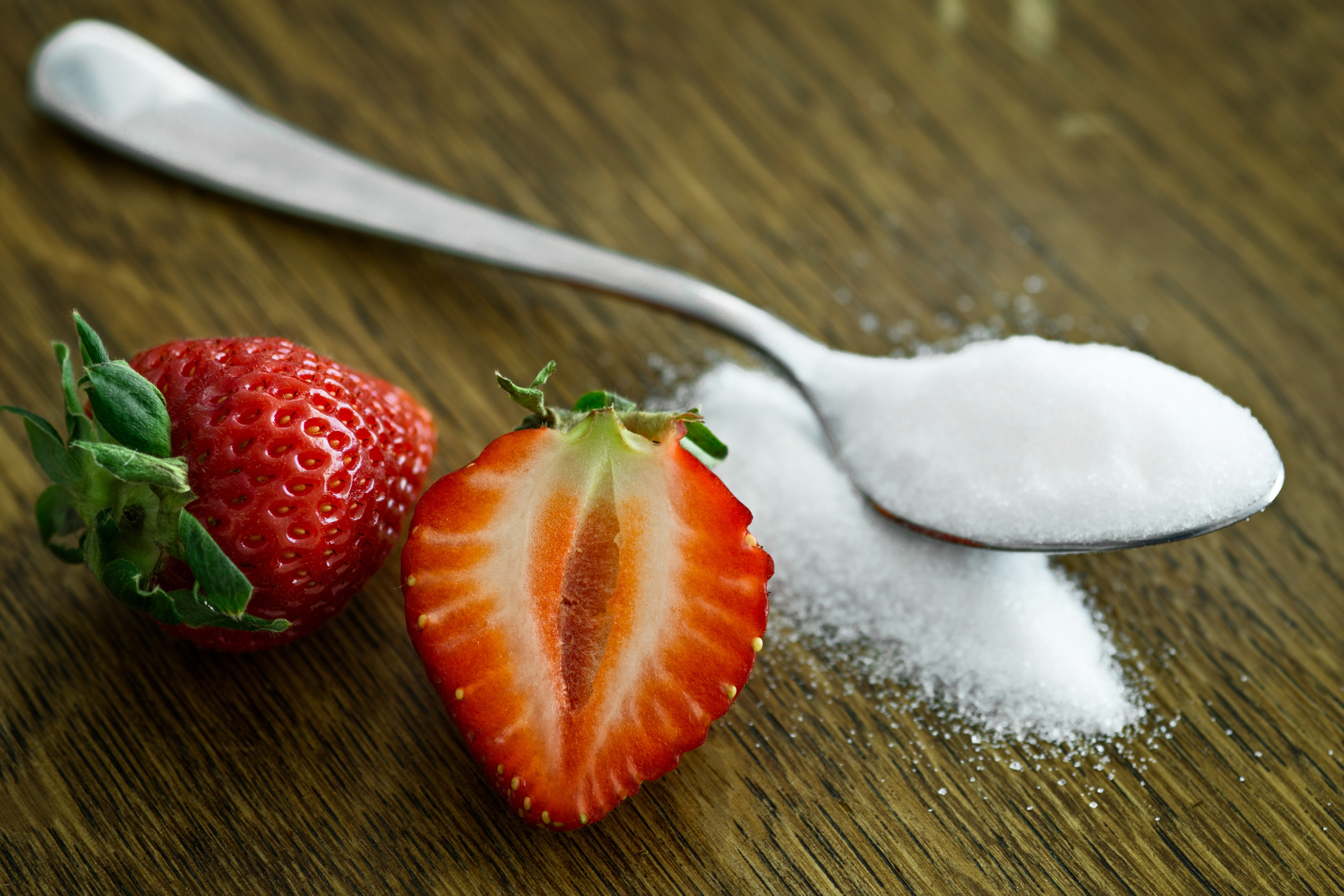
Keep your blood sugar stable
Did you know that as we get older and our hormones change, our bodies can become more sensitive to fluctuations in blood sugar? When our blood sugar drops too low, it can trigger symptoms like hot flashes, irritability, fatigue, brain fog, and cravings. Plus, poor blood sugar regulation can increase the stress hormone cortisol, which can make it easier to gain weight, feel anxious, and sleep poorly.
But the good news is that the more stable your blood sugar levels are throughout the day, the better you will feel! You may find it easier to lose weight, your cravings will subside, your energy levels will improve, and you will sleep better. This is key in addition to eating the best diet over 40.
To keep your blood sugar levels stable, it's important to eat at regular times and intervals throughout the day and never skip breakfast. You should also focus on including slow-release carbohydrates in your diet and avoiding sugar.
Slow-release carbohydrates are high in fiber and low on the glycemic index (GI). Fiber is a type of carbohydrate that the body can't digest, which helps slow down the digestion of other carbohydrates and keep your blood sugar levels stable. There are two types of fiber: soluble and insoluble.
Soluble fiber acts like a sponge, absorbing fluid, toxins, and excess hormones. It helps keep your bowel movements soft and moving smoothly through your digestive tract. Insoluble fiber, on the other hand, helps keep you regular. Both types of fiber are important for your digestion, bowel movements, hormonal health, and stable blood sugar levels.
Important Tips for Meal Timing
Here are some friendly tips on how to adjust your eating habits to better support your circadian rhythm and keep your blood sugar stable:
- Don't skip meals and try to eat at regular intervals throughout the day. This can help keep your blood sugar levels from spiking and crashing.
- Aim to eat more calories during the day and less at night. Your body is better equipped to digest and process food earlier in the day, so it's a good idea to front-load your calories.
- Include a portion of slow-release starchy carbohydrates with your breakfast and lunch. This can help give you sustained energy throughout the day.
- Opt for a smaller dinner that includes lean protein, healthy fats, and non-starchy, high-fiber carbohydrates like leafy greens. This can help keep you feeling full without overloading your digestive system before bed.

The importance of PROTEIN
Protein is crucial for the growth and repair of cells in our body. During perimenopause and menopause, it is essential to consume adequate protein from a variety of foods to alleviate hormonal symptoms and feel your best.
Amino acids are the building blocks of protein, and they play a vital role in various bodily functions such as energy production, cognitive health, sleep regulation, strength and mobility, and maintaining a healthy circulatory system, skin, hair, nails, and bones.
As we age, our protein needs increase due to our body's inability to digest and absorb protein efficiently, which leads to a deficiency in certain amino acids that are vital for overall well-being. This deficiency can result in a lack of energy, brain fog, mood swings, digestive problems, and an unhealthy body composition.
Increasing your protein intake from a variety of wholefood sources is an easy way to fix this problem. Animal proteins like meat, fish, dairy, and eggs contain all nine essential amino acids. Still, it is also essential to incorporate a wide variety of plant-based foods that are rich in protein and healthy fats. Vegetarians can fulfill their protein requirements by combining different protein-rich plant-based foods effectively.
Based on the severity of your symptoms and your current dietary habits, you may also benefit from taking specific amino acid supplements as a nutritional booster.
You also have to focus on removing the toxins
As we go through menopause, our body becomes less efficient in handling certain substances such as sugar, alcohol, food additives, trans-fats commonly found in processed foods, and animal fat.
Unlike in our younger years where we could easily recover from a night out, a few drinks and a pizza can now leave us feeling pretty disgusting the next day. This is because our liver, which filters toxins like drugs, alcohol, and chemicals from our blood, can't process these substances as efficiently as before.
When our liver struggles, we may experience digestive issues like bloating, fatigue, and weight gain around the stomach. To support liver health and improve energy levels and weight management, it's important to follow the nutritional guidelines in this article and increase plant-based foods in our diet.
While occasional indulgences like a drink, fast food or chocolate cake are still possible, we should be more mindful of our choices. By supporting our body and hormonal health nutritionally, we can improve our ability to process, eliminate and recover from toxins.
It's important to note that menopause is linked to the development and severity of non-alcoholic fatty liver disease (NAFLD), a condition where fat accumulates in the liver and can lead to damage and scarring. If you're concerned about this, please consult your doctor.


